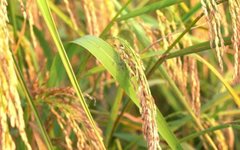
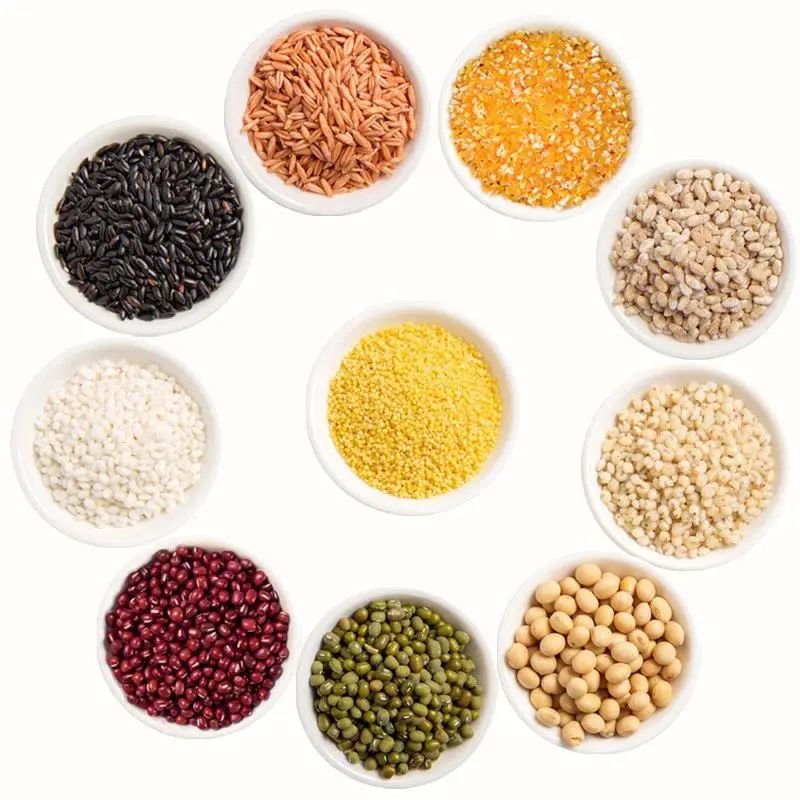
Five Grains
For Nourishment
As early as in the Huangdi Neijing (Yellow Emperor’s Inner Canon), the concept of “the five grains are for nourishment” was proposed. Generally, the five grains refer to rice, millet, sorghum, wheat, and beans.
In today’s fashion of pursuing a healthy lifestyle, more and more people are turning their attention to whole grains, and the most common whole grains are the five grains, which resonates with the ancient emphasis on the five grains.
So, how does Traditional Chinese Medicine (TCM) view the five grains? Let’s take a look:
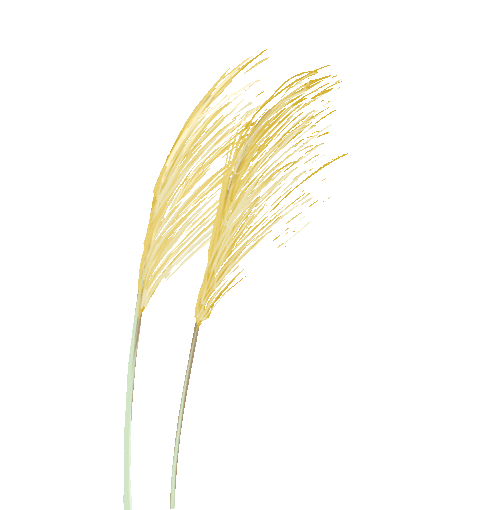
TCM Perspective on the Five Grains

01
Rice
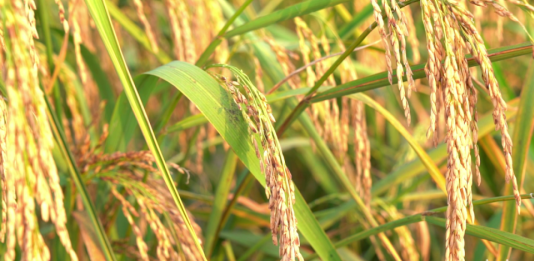
Rice, also known as japonica rice, has a sweet taste and neutral nature, with effects of tonifying the middle, benefiting qi, strengthening the spleen and stomach, and alleviating thirst.
In winter, when indoor heating is high and the air is dry, drinking rice porridge in the morning and evening can help avoid dry mouth and tongue. It is particularly important for diabetes patients to note that different cooking methods of rice affect blood sugar levels differently.
Research shows that dry rice cooked in equal amounts has less impact on blood sugar than rice porridge. Therefore, diabetes patients should consume an appropriate amount of dry rice for breakfast to help control blood sugar.


02
Millet
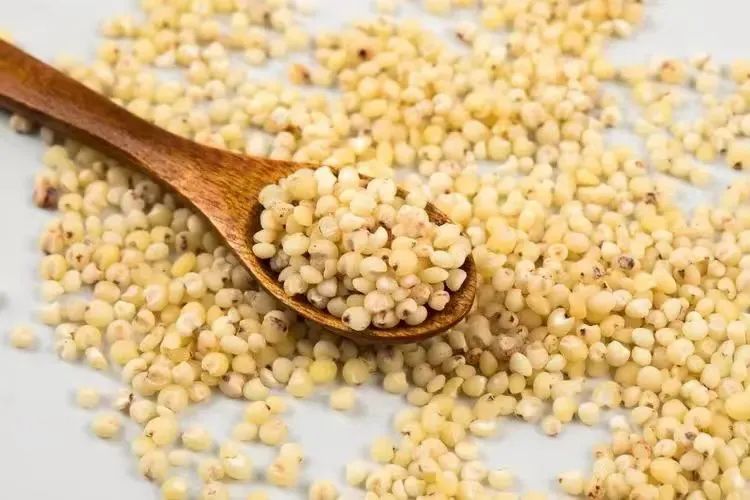
Millet, or millet grain. The Shennong Bencao Jing records that it “benefits qi and tonifies the middle, is warming, and can cause restlessness”.
Modern texts like the Chinese Herbal Medicine consider its effects to be “benefiting qi, tonifying the middle, alleviating thirst, detoxifying, and treating thirst, diarrhea, vomiting, cough, stomach pain, oral thrush in children, sores, burns”.
In ancient times, there were prohibitions against millet such as “not to be consumed for long periods, forbidden for children, and not to be eaten with sunflower seeds, beef, or white wine”.


03
Sorghum
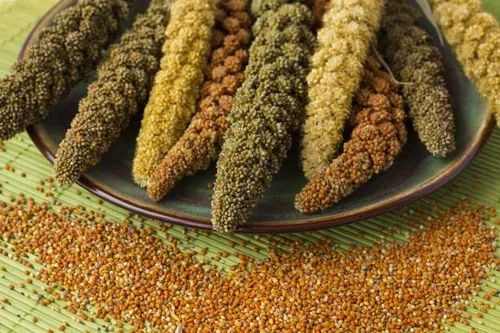
Sorghum has a sweet taste and a warm nature, with effects of strengthening the spleen and benefiting the stomach.
For children with indigestion, sorghum can be roasted, shelled, and ground into powder, with a dosage of 3 g each time.
However, sorghum is warm in nature and contains tannins that have astringent and anti-diarrheal effects, so it is not suitable for those with constipation.


04
Wheat
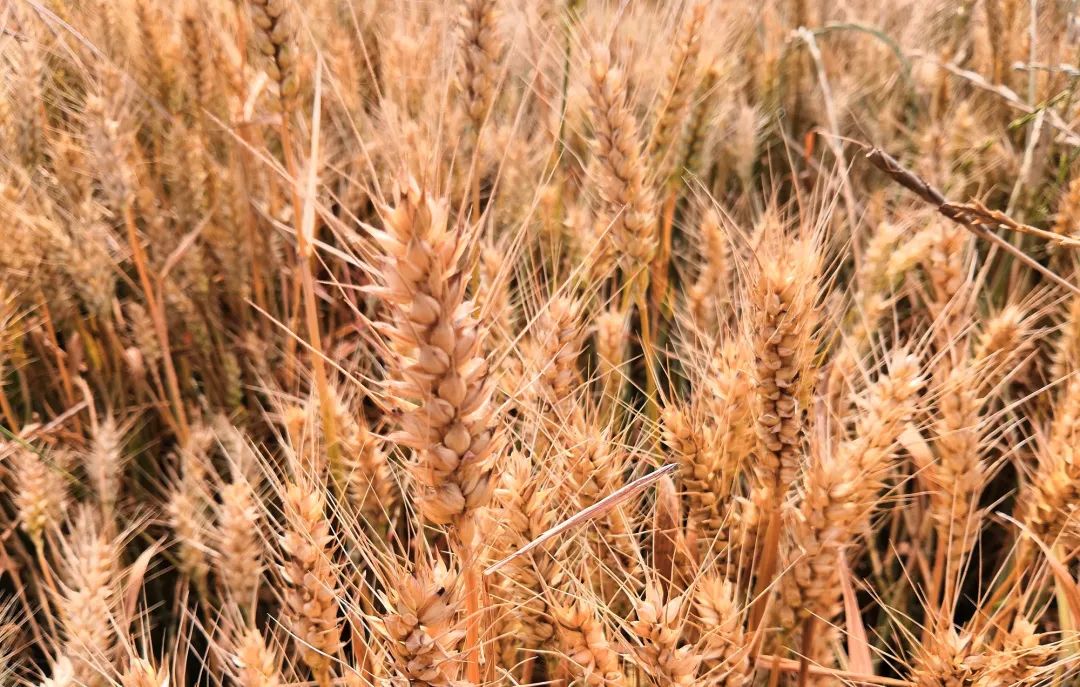
Wheat has a sweet taste and a slightly cold nature, with effects of strengthening the spleen, benefiting the kidneys, nourishing the heart, and calming the spirit. Those with irritability and insomnia can cook wheat with rice and jujubes to consume as porridge.
Additionally, wheat bran contains high dietary fiber, which has preventive and therapeutic effects on hyperlipidemia, diabetes, atherosclerosis, hemorrhoids, senile constipation, and colon cancer.


05
Beans
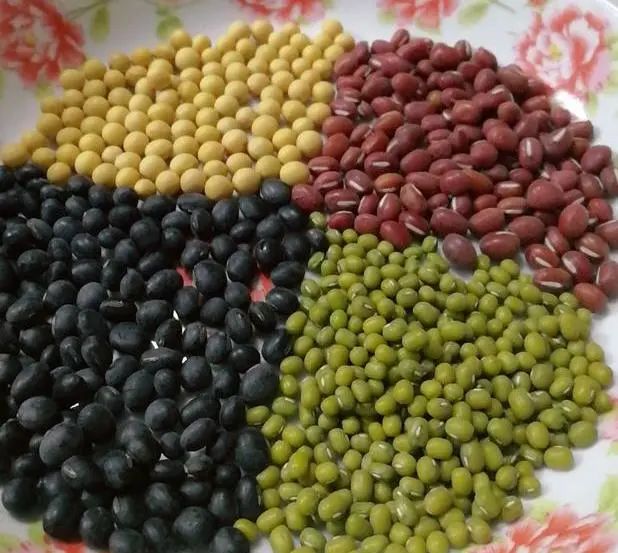
Beans, specifically soybeans, have a neutral nature and sweet taste, with effects of strengthening the spleen and benefiting qi, making them suitable for those with spleen and stomach deficiency to consume regularly.
Various soybean products such as tofu and soy milk also have medicinal properties.
Tofu can relieve the middle, benefit qi, clear heat, and disperse blood, especially suitable for those with phlegm-heat cough, wind-cold, and sore throat.

People Who Should Avoid Whole Grains

01
Older Adults with Poor Digestion
Older adults often have weaker digestive functions, especially those with poor gastrointestinal function. Whole grains can cause physical friction in the gastrointestinal tract, leading to mucosal damage and even ulcers.
Due to the high dietary fiber content in whole grains, they are not easily digestible, and the fiber can produce acid and gas under the action of intestinal bacteria, causing discomfort. Older adults who are prone to bloating should also avoid them.


02
Older Adults with Anemia or Calcium Deficiency
The high content of dietary fiber, oxalic acid, and phytic acid in whole grains can affect the absorption of calcium and iron, so older adults with anemia or calcium deficiency should consume less whole grains.


03
Older Adults with Gout
Gout is directly related to hyperuricemia caused by purine metabolism disorders or reduced uric acid excretion.
Whole grains, especially mixed beans, have a high purine content, which can easily increase uric acid levels, so older adults with gout should avoid them during acute phases.


04
Older Adults with Kidney Disease
Whole grains are high in protein, potassium, and phosphorus, which can increase the burden on the kidneys and affect kidney function. Kidney disease patients should control their intake and not consume too much.
For those with severe kidney disease, it is necessary to strictly control the intake of non-high-quality proteins and avoid whole grains.
References:
[1] Li Xinyue, Dong Yan, Li Ying, et al. Historical Origins and Functional Verification of Millet as Nourishment in the Five Grains. China Food and Drug Administration, 2022(08):118-125.
[2] Guoguo. Whole Grains are also Medicine. Agricultural Product Processing, 2010(04):60.
[3] Wu Jia. Whole Grains are the Foundation of Health Preservation. Party School Publication, 2010(10):57.
[4] “Food” Wisdom: Whole Grains are Good but Not Suitable for Everyone. Pengpai News – Pengpai Account – Science Frog.
Text by: Jiang Haotong Layout by: Jiang Haotong Reviewed by: Li Siqi
Some images sourced from the internet; please contact us if used improperly.

The public account has recently been revised, and articles may easily disappear from the timeline.It is recommended to mark the“Beijing University of Chinese Medicine Guoyi Hall”public account as a star
so you don’t miss any articles
Expert consultation information, TCM popular science, health guidelines…
Click the card below to follow

Step one: “Click👍”
Step two: Light up “Looking”
Share with friends to reach more partners 



